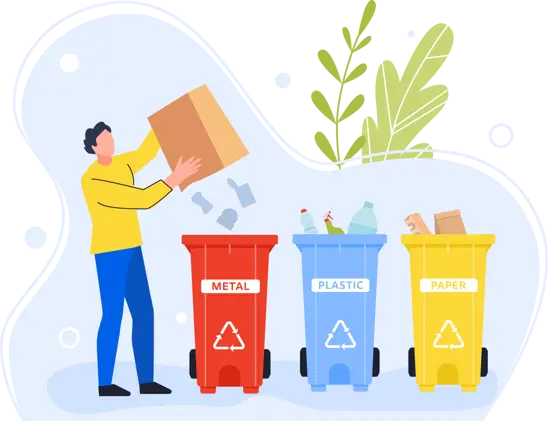
Commercial Food Waste Collection: Moving Towards Zero Waste Business Practices
With the new food waste legislation UK now in full effect, businesses must rethink how they manage waste.
Food waste collection has always been a challenge for many industries such as hospitality, retail and food production. Now more than ever, it is important to have a structured waste collection system in place.
Aside from meeting legal requirements, a well-managed waste strategy can help to support sustainability goals, improve efficiency and reduce overall costs.
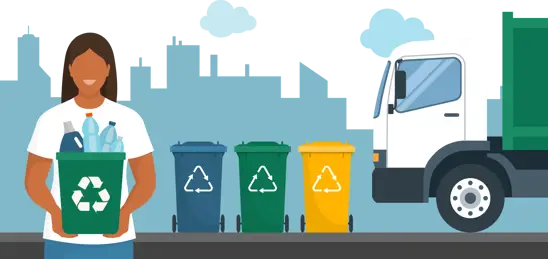
How Can Businesses Manage Food Waste Collection In Line With New Legislation?
- Separating food waste through a structured food waste collection system helps reduce landfill waste and disposal costs.
- Choosing a trusted provider like WM101 ensures business food waste collection meets legal requirements and is managed responsibly.
- Training employees and using clear bin systems improves waste separation and overall efficiency.

What Is Commercial Food Waste Collection?
Commercial food waste collection is the process of collecting and disposing of food waste created by businesses to minimise the environmental impact.
Proper waste collection services ensure that waste is either composted, converted into animal feed, or processed into energy through anaerobic digestion systems rather than sending food waste to landfill.
Business food waste collection helps businesses:
- Improve efficiency in waste management
- Comply with environmental regulations
- Reduce methane emissions and landfill waste
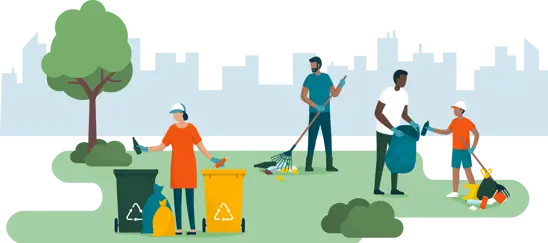
Types Of Food Waste And Their Impact On The Environment
Food waste falls into several categories, each with different food waste collection and disposal considerations:
- Pre-consumer waste: Includes raw ingredients, trimmings, and spoiled food that never reaches the consumer.
- Post-consumer waste: Leftovers from meals in restaurants, catering, or food service businesses.
- Packaged food waste: Expired or unsellable items that may still be in packaging.
It is a known fact that when food waste is sent to landfill and begins to decompose, it releases methane, a greenhouse gas which is far more potent and damaging than carbon dioxide. Food waste collection services can help to divert waste from landfills and ensure that food waste is handled more responsibly.
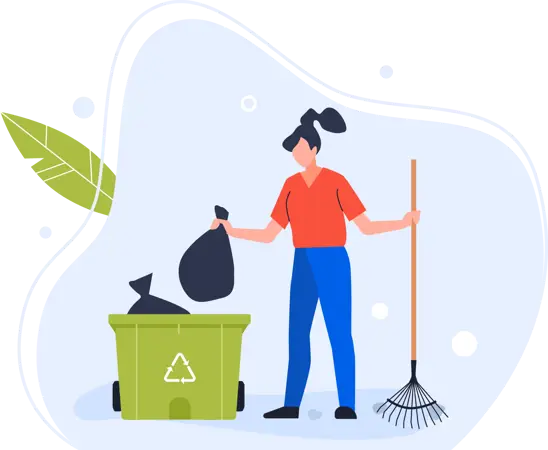
The Benefits of Business Food Waste Collection
Building a Sustainable Reputation
Putting a proper food waste collection system in place shows that your business takes sustainability seriously. Whether you run a restaurant, supermarket, or food manufacturing site, managing food waste responsibly helps reduce waste, improve your reputation, and demonstrate a real commitment to net zero goals.
Improving Waste Management Efficiency
Businesses have long overpaid for general waste collections because food waste takes up a significant amount of space in standard bins. With the food waste legislation UK now in place, the upfront cost of compliance may seem higher, but separating food waste can actually reduce overall disposal costs. Working with a reliable provider like WM101 ensures business food waste collection is managed efficiently and in line with regulations.
At WM101, we provide business food waste collection services that help organisations comply with regulations while working towards a zero-waste future.
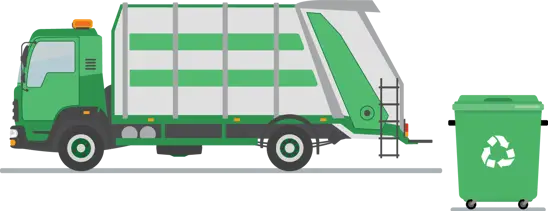
Setting Up a Food Waste Collection System
Choosing The Right Food Waste Collection Provider
Not all food waste collection services are the same. Businesses need a provider that understands the food waste legislation UK 2025, ensures compliance, and offers tailored collection schedules to suit their needs. It’s also essential to choose a service that handles food waste responsibly, keeping waste out of landfill and in line with sustainability goals.
Employee Training and Engagement
For any food waste collection system to be successful, employee training and engagement is crucial. Employees must understand which types of food waste go into each bin, how to reduce unnecessary waste at the source, and the importance of proper disposal to meet regulatory requirements and support sustainability efforts.
At WM101, we specialise in business food waste collection and provide efficient and environmentally friendly solutions such as clearly marked bins, etc, to ensure businesses meet their regulatory requirements and waste management goals.
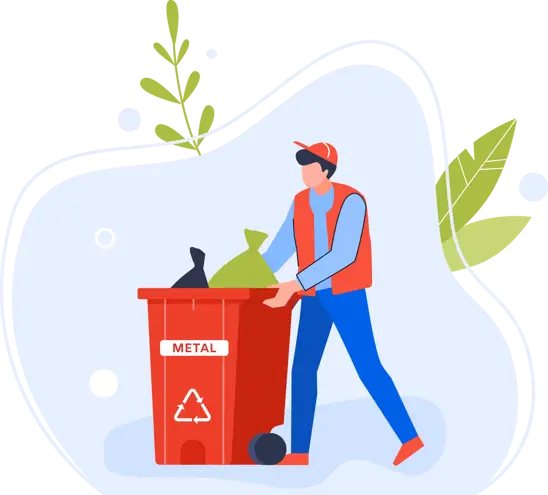
Sustainable Food Waste Collection with WM101
At WM101, we provide tailored food waste collection services to help businesses meet compliance requirements and operate more sustainably.
Our service includes:
- Tailored collection schedules to suit every business
- Colour-coded bins to improve food waste management systems
- Assistance with compliance with food waste legislation
- Eco-conscious disposal methods, such as anaerobic digestion and composting
- No bin rental fees and free Waste Transfer Notes
To request a quote, or to enquire about how WM101 can support your food waste collection management systems, contact our team today on 01629 817000.
27/02/2025